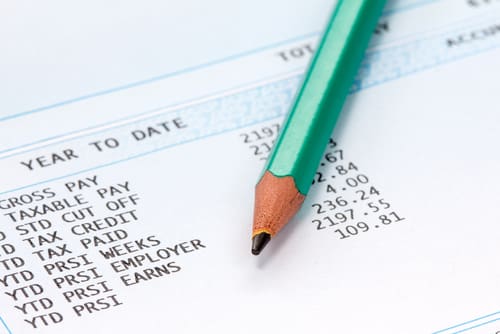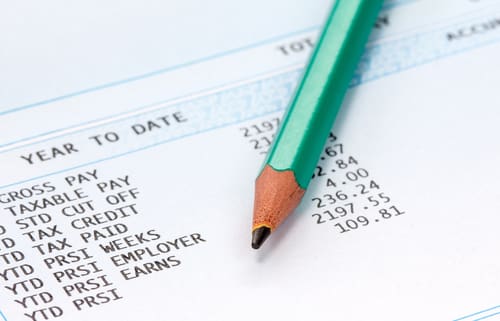How to Prepare for a Payroll Tax Audit

Like most California business owners, you’ve likely kept diligent financial records and have never tried to defraud the government on your taxes. However, if the state targets you for a payroll tax audit, it may understandably cause you concern. The Employment Development Department (EDD), which oversees the enforcement of California’s employment taxes, is going to examine your records to make sure you have properly classified workers and remitted the appropriate taxes to the state.
An EDD audit does not need to be an arduous experience. There are things you can do to prepare, and you may want to consult with a California tax attorney about your situation for greater peace of mind.
Here is what every business should know about payroll tax audits.
The Basics of a Payroll Audit
EDD audits typically cover the three years prior to the audit. If no tax returns were filed, however, that period may be extended.
If you are being audited, the first step will be an entrance interview with the auditor. The auditor will explain why the audit is taking place, how it will work, and ask general questions about your business. You’ll have the opportunity to ask the auditor questions, too.
Be sure to read over all the initial documents concerning your audit carefully, and respond to all requests from the EDD. If you believe you need more time or need to seek legal counsel — which you have the right to do — let the EDD know as soon as possible. While you should never incriminate yourself to the EDD, trying to obstruct the audit ultimately isn’t in your best interest, either.
What the EDD Will Examine
The majority of the EDD’s examination will concern whether workers are misclassified as independent contractors. The written agreement between the two parties (the employer-employee or principal-contractor), as well as documentation of actual hours worked and wages paid, will be the main items the EDD will examine during the audit.
The key difference between contractors and employees in the eyes of the EDD is that each has a very different tax situation. Employers are obligated to withhold certain taxes from employees and remit them to the government. When employing a contractor, these taxes become the contractor’s responsibility. One function of the EDD is to ensure the state collects the appropriate amount of taxes, and that misclassifications, both intentional and accidental, are rectified.
Other records may need to be provided to the auditor. Documents you should round up as soon as possible include:
- General ledgers
- Records of cash payments
- Check stubs
- Bank statements
- Annual financial statements
- Income tax returns — both federal and state
- Canceled checks
- Check registers
- Verification of business ownership
Review the EDD’s overview of the employment tax audit process for more specifics on the documents they may request.
The Outcome
Once the audit is over, the EDD will either inform you that no discrepancies were found, you overpaid and are owed a refund, or you underpaid and owe an assessment. They may also issue fines for certain transgressions — often unintentional ones — if they are uncovered.
Even for the most prepared of businesses, an EDD audit will require a lot of patience and time. Given the amount of records that will be examined and how important a thorough response will be, it’s likely in your best interest to reach out to an experienced tax attorney for guidance. A tax attorney can also guide you through the appeal process. You may not have faced this situation before — but a tax attorney has, many times.
A tax attorney can help you present the strongest case and, most importantly, always advocate for your best interests when you are up against a large entity like the state of California.



